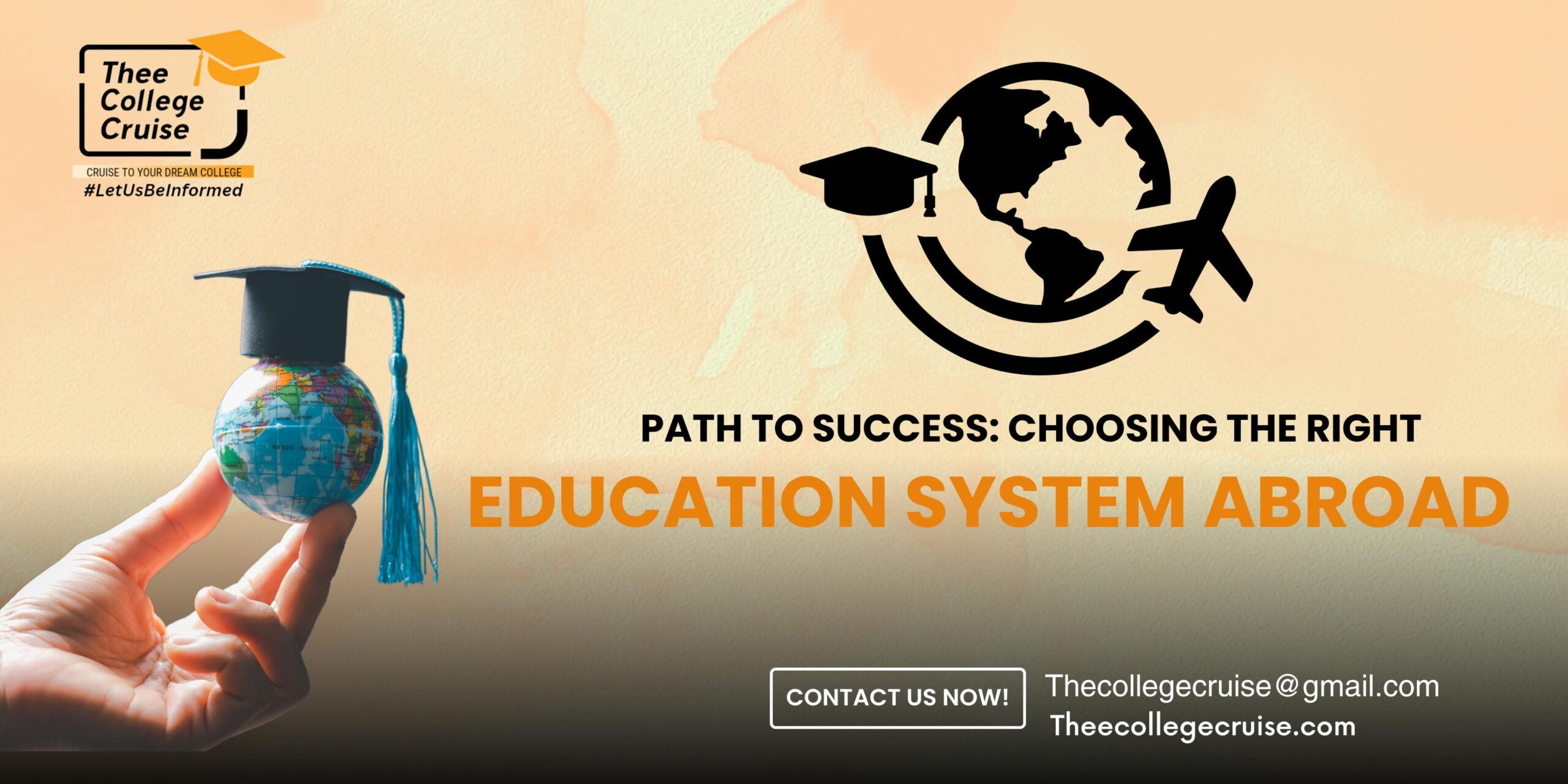Blogs
The TOEFL (Test of English as a Foreign Language) is essential for non-native English speakers applying to international universities. It evaluates the English proficiency required to succeed in academic settings. Admissions teams use TOEFL scores to assess candidates’ ability to communicate effectively in lectures, assignments, and group activities. A high TOEFL score strengthens an application and may even qualify students for scholarships. With English as the primary language in many institutions, achieving competitive scores opens doors to top-tier universities across the U.S., Canada, Europe, and beyond. Breaking Down the TOEFL Test Sections Reading Section: Strategies for Success The reading section tests your ability to comprehend academic texts. You will encounter 3 to 4 passages followed by multiple-choice questions. Each passage requires careful analysis to extract key points, themes, and arguments. Listening Section: Enhancing Your Focus This section measures how well you understand spoken English, especially in academic environments. You will
The college admissions process can be overwhelming. With so many components, it’s crucial to know what universities expect. In this guide, we break down the essential requirements—standardized tests, personal essays, and recommendation letters. 1. Standardized Tests: What to Expect Most colleges require applicants to submit standardized test scores, such as the SAT or ACT. These tests assess your academic readiness and play a significant role in the admissions process. However, many schools are now adopting test-optional policies, which can give applicants more flexibility. Key Tips for Success 2. The Personal Essay: Telling Your Story The personal essay is your chance to showcase who you are beyond your grades and test scores. Universities want to know what makes you unique and why you would be a good fit for their community. Crafting a Winning Essay 3. Recommendation Letters: Showcasing Your Strengths Recommendation letters provide admissions officers with insight into your character,
Education is the foundation for personal and professional growth, and different countries offer unique approaches to learning. Understanding how education systems vary globally can help students make informed decisions when studying abroad. In this article, we’ll explore key differences in education systems around the world and what international students can expect. 1. The Structure of Education Systems Worldwide Each country has its own way of organizing education. Some focus on vocational training, while others prioritize academic rigor. For instance, the German system emphasizes apprenticeships alongside theoretical learning. In contrast, the United States offers a more flexible, broad-based curriculum, allowing students to explore multiple subjects. 2. Teaching Styles and Learning Environments The teaching approach varies across countries. In many Asian countries, such as Japan and South Korea, rote learning and high discipline are common. In contrast, Scandinavian countries like Finland promote student autonomy and collaborative learning. The difference in classroom environments
Networking is a crucial skill for international students. It’s not just about meeting new people; it’s about creating meaningful connections that can support your academic and professional journey. For international students, building a global network opens doors to opportunities across borders, providing access to resources, career advice, and personal growth. Cultural Awareness in Networking When studying abroad, understanding cultural nuances is key to successful networking. Every culture has its own social norms, and being culturally sensitive can enhance your ability to connect with people. Take time to learn about the customs and behaviors in your host country. Whether it’s understanding appropriate greetings or knowing how to address people in different settings, cultural awareness helps you avoid misunderstandings and builds trust. The Power of Language Language plays a vital role in communication. As an international student, improving your language skills can make networking smoother. Breaking language barriers can be intimidating, but
Dreaming of studying abroad? One of the key steps is proving your language proficiency. For international programs, demonstrating a strong command of the teaching language is crucial for admission. Language proficiency tests confirm your ability to understand academic content and show your commitment to adapting to a new cultural and linguistic environment. Popular Language Proficiency Tests Language proficiency tests are a requirement for studying abroad, especially in English-speaking countries. Here are some of the most popular tests for international students: IELTS (International English Language Testing System) IELTS is widely recognized by universities around the world. It assesses listening, reading, writing, and speaking skills and is accepted by most institutions globally. TOEFL (Test of English as a Foreign Language) TOEFL is popular among students applying to universities in the United States. It evaluates your ability to use and understand English in an academic setting. PTE Academic (Pearson Test of English Academic)
Dreaming of studying abroad but worried about the costs? Scholarships can be the solution to make your international education affordable. They don’t just provide financial support—they enhance your resume, showcasing your dedication and achievements. So, how can you find the right scholarships and increase your chances? Start Early: Get Ahead of the Competition Searching for scholarships takes time and effort. Begin your search at least six months before your planned departure. This allows you to explore scholarships from universities, government programs, and private organizations. Starting early gives you a better shot at discovering opportunities that align with your needs. Use Online Scholarship Databases The internet is full of scholarship opportunities if you know where to look. Websites like Fastweb, ScholarshipPortal, and Cappex are great resources to begin with. Create a profile, set your preferences, and receive a list of scholarships tailored to you. The right funding opportunity may be just
Packing your bags, hopping on a plane, and embarking on an adventure to study in a foreign country—it all sounds like a dream, right? But let’s be honest, being an international student is as thrilling as it is challenging. You’re stepping into unknown territory, surrounded by new faces, new customs, and, well, a whole lot of learning to do—both in and out of the classroom! So how do you make this journey as smooth and successful as possible? Let’s break down the essential skills that’ll help you adapt, thrive, and truly shine while studying abroad. Master the Art of Communication Picture this: You’re trying to order a simple meal, and the words just don’t come out right. Or you want to participate in a group project but you’re unsure of the right expressions. Communication is everything when living abroad. Learning the local language (or brushing up on your English) should
Choosing a university is one of the most crucial decisions for students planning to study abroad. University rankings often play a significant role in this decision, but understanding what these rankings mean and how they can influence your choice requires careful consideration. Let’s break down the factors students need to keep in mind when using rankings as part of their application strategy. 1. What Are University Rankings? University rankings are lists that evaluate and rank institutions based on specific criteria. Several organizations like QS World University Rankings, Times Higher Education (THE), and Academic Ranking of World Universities (ARWU) publish annual rankings. These rankings help students identify top-performing universities globally. 2. Factors That Influence Rankings Each ranking organization uses different metrics to evaluate universities. While the exact criteria vary, common factors include: Understanding these factors can help students identify which elements are most important for their personal academic goals. 3. Are
Preparing for college can be both exciting and overwhelming. Standardized tests like the SAT and AP exams play a crucial role in your college admissions journey. At Thee College Cruise (TCC), we offer top-notch SAT preparation and AP exam training designed to help students excel. Here’s how our expert guidance can unlock your future opportunities. Comprehensive SAT Preparation Personalized Study Plans Every student learns differently. Our experienced tutors create customized study plans tailored to your unique strengths and weaknesses. This personalized approach ensures that you focus on areas where you need the most improvement, enhancing your overall performance on the SAT. Proven StrategiesWe equip you with effective test-taking strategies to maximize your score. From time management techniques to understanding question formats, our training covers everything you need to tackle the SAT with confidence. Practice Tests and FeedbackRegular practice tests are essential for success. Our program includes full-length practice exams that








